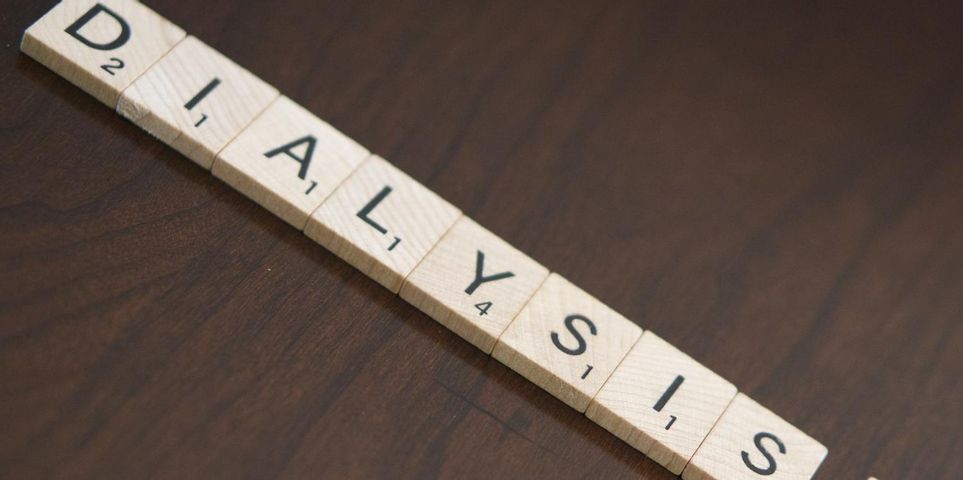Ohio's Premier Nephrology Practice on Understanding Dialysis

Dialysis is a way to remove toxins and waste from the blood, and it's an invaluable procedure for people with damaged or failing kidneys. There's a lot you should know before you begin undergoing dialysis treatment— here to explain dialysis in more detail are the knowledgeable nephrologists at Cincinnati-based Mt Auburn Nephrology.
One important thing to know is that there are two kinds of dialysis procedures:
- Hemodialysis: An artificial kidney (hemodialyzer) is used to filter the blood. To get the blood from the patient's body to the hemodialyzer, the physician will create a blood vessel "entry point," which is often located on your arm or leg. However, your doctor may also opt to make a fistula which entails combining an artery to a vein. If these options aren't optimal or if you're looking at long-term hemodialysis, a catheter may be placed into your neck. When it comes to choosing the optimal choice for suiting your needs, consult the kidney disease treatment experts at Mt Auburn Nephrology.
- Peritoneal Dialysis: Though this process performs the same function as hemodialysis, purifying the blood, it's done internally. During the surgical procedure, the doctor will create a catheter in the stomach. When the patient is healed and ready for dialysis, they will fill the catheter with a filtering agent called dialysate. Though your blood won't be involved in the process, the chemical will take any waste out of your blood and into the apparatus. Another large difference between the two methods is that peritoneal dialysis is typically carried out at home, wheras hemodialysis is done at a clinic in most cases.
Fortunately, there are things you can do to decrease the harm you put on your kidneys, thus lowering your chances of developing chronic kidney disease and being put on dialysis. Since kidney disease usually doesn't exhibit any symptoms until it's serious, it's important to visit your doctor for routine check-ups.
If you believe your kidneys aren't functioning correctly, schedule an appointment with Mt Auburn Nephrology for kidney function tests and a professional diagnosis of kidney disease. Your risk of kidney failure dramatically increases if you have high blood pressure and diabetes, so routinely exercising and eating a healthy diet does a world of good, too.
The professionals at Mt Auburn Nephrology are helping countless patients treat and manage their chronic kidney disease and hypertension. To receive more information about their services, visit their website or call (513) 841-0222 to schedule an appointment today. To stay connected with the clinic on social media and stay up to date on ways to keep your kidneys healthy, be sure to also like Mt Auburn Nephrology on Facebook.
About the Business
Have a question? Ask the experts!
Send your question

